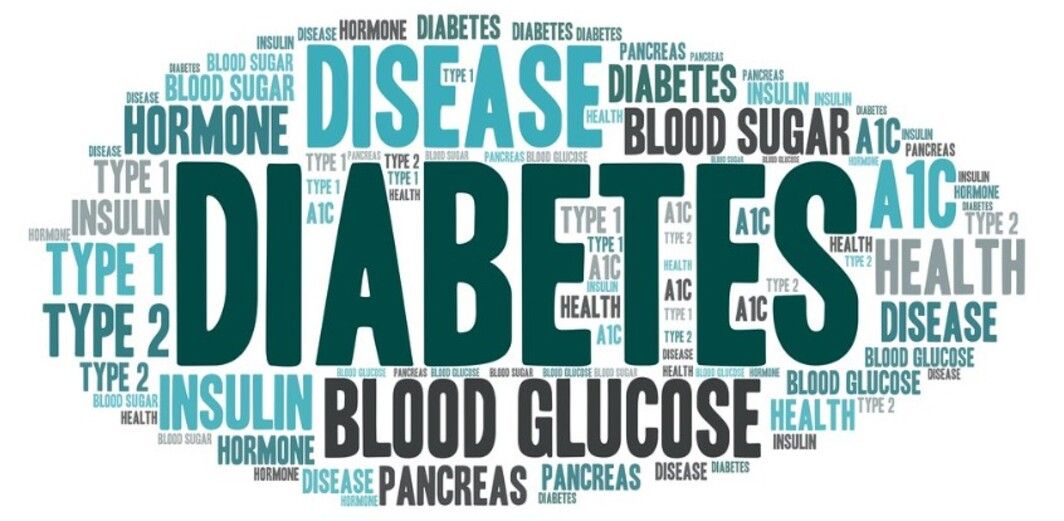Diabetes Management
Mastering Nutrition for Optimal Diabetes Control
1 min read
By Apollo 24|7, Published on - 11 June 2024
Share this article
0
0 like
.jpg?tr=q-80)
Managing diabetes requires a comprehensive approach, and nutrition plays a critical role in this process. Dietary patterns can heavily influence blood sugar levels, which in turn impact the overall control of diabetes. So how can we navigate nutrition for the best diabetes control? Let's explore.
Understanding the Diet
Diet is one of the essential pillars in managing diabetes. The food we consume directly influences our blood sugar or glucose levels. A balanced diet that is rich in proteins, fats, moderate carbohydrates and adequate fibre derived from fruits, vegetables, whole grains, legumes, and low-fat milk forms the cornerstone of diabetes prevention. However, it is also crucial to monitor the quality and quantity of carbohydrate intake to achieve better glycemic control.
Lifestyle Modifications for Diabetes Prevention
Making lifestyle modifications like reducing the intake of unhealthy fats, cholesterol, and high amounts of sodium while increasing physical activity along with strength/resistance training can significantly improve blood sugar levels and lipid abnormalities.
Foods for Diabetes Control
Balanced, nutrient-dense foods should be the focus of a diabetic's diet. Whole grains, non-starchy vegetables, fruits and legumes are fibre-rich and have fewer sugars. They are beneficial for managing postprandial blood glucose levels—the blood sugar surge that occurs after meals.
Role of Professionals in Diabetes Management
Consulting a registered dietitian or nutrition counsellor for a personalised diet plan can be highly beneficial. This plan should factor in dietary preferences, cultural influences, and overall health conditions.
Incorporating these strategies into your nutritional routine can go a long way in managing diabetes effectively. Alongside this, enrolling in a programme like Apollo Super6 can provide personalised support and lifestyle changes to manage Type 2 diabetes efficiently.
Diabetes Management
Consult Top Diabetologists
View AllLeave Comment
Recommended for you

Diabetes Management
Type 1 Diabetes: Symptoms, Causes, Diagnosis, and Treatment
Type 1 diabetes, an autoimmune condition, halts insulin production, causing high blood sugar. Symptoms: excessive thirst, frequent urination, weight loss. Genetics and triggers play a role. Diagnosis: glucose tests, antibody checks. Management: insulin therapy, glucose monitoring, carb counting. Complications: heart disease, kidney problems, nerve damage. Early detection and management are vital.
.jpg?tr=q-80)
Diabetes Management
Best Liver Health Tips for Diabetics
Maintaining a healthy liver is paramount, especially for individuals with diabetes. Maintain normal sugar levels, a balanced diet, engage in regular exercise, and keep a check on your health regularly. Remember that your doctor is your ally in this journey towards better health. Enrolling in a comprehensive diabetes management programme like the Apollo Super 6 could be a step in the right direction towards managing your diabetes better and improving overall health.

Diabetes Management
Diabetes Crisis in India: Regional Insights
Alarming: 101 million Indians grapple with diabetes. Prediabetes affects 136 million of the urban population. Top 10 worst-affected states include Goa - 26.4%, Puducherry - 26.3%, Kerala - 25.5%, Chandigarh - 20.4%, Delhi - 17.8%, Tamil Nadu - 14.4%, West Bengal - 13.7%, Sikkim - 12.8%, Punjab - 12.7%, Haryana - 12.4 Based on the Lancet study, Diabetes rates are higher in southern and northern India, but lower in central and northeastern regions.
Subscribe
Sign up for our free Health Library Daily Newsletter
Get doctor-approved health tips, news, and more.
Visual Stories

8 Fruits That are Incredibly Healthy for Diabetes
Tap to continue exploring
Recommended for you

Diabetes Management
Type 1 Diabetes: Symptoms, Causes, Diagnosis, and Treatment
Type 1 diabetes, an autoimmune condition, halts insulin production, causing high blood sugar. Symptoms: excessive thirst, frequent urination, weight loss. Genetics and triggers play a role. Diagnosis: glucose tests, antibody checks. Management: insulin therapy, glucose monitoring, carb counting. Complications: heart disease, kidney problems, nerve damage. Early detection and management are vital.
.jpg?tr=q-80)
Diabetes Management
Best Liver Health Tips for Diabetics
Maintaining a healthy liver is paramount, especially for individuals with diabetes. Maintain normal sugar levels, a balanced diet, engage in regular exercise, and keep a check on your health regularly. Remember that your doctor is your ally in this journey towards better health. Enrolling in a comprehensive diabetes management programme like the Apollo Super 6 could be a step in the right direction towards managing your diabetes better and improving overall health.

Diabetes Management
Diabetes Crisis in India: Regional Insights
Alarming: 101 million Indians grapple with diabetes. Prediabetes affects 136 million of the urban population. Top 10 worst-affected states include Goa - 26.4%, Puducherry - 26.3%, Kerala - 25.5%, Chandigarh - 20.4%, Delhi - 17.8%, Tamil Nadu - 14.4%, West Bengal - 13.7%, Sikkim - 12.8%, Punjab - 12.7%, Haryana - 12.4 Based on the Lancet study, Diabetes rates are higher in southern and northern India, but lower in central and northeastern regions.

